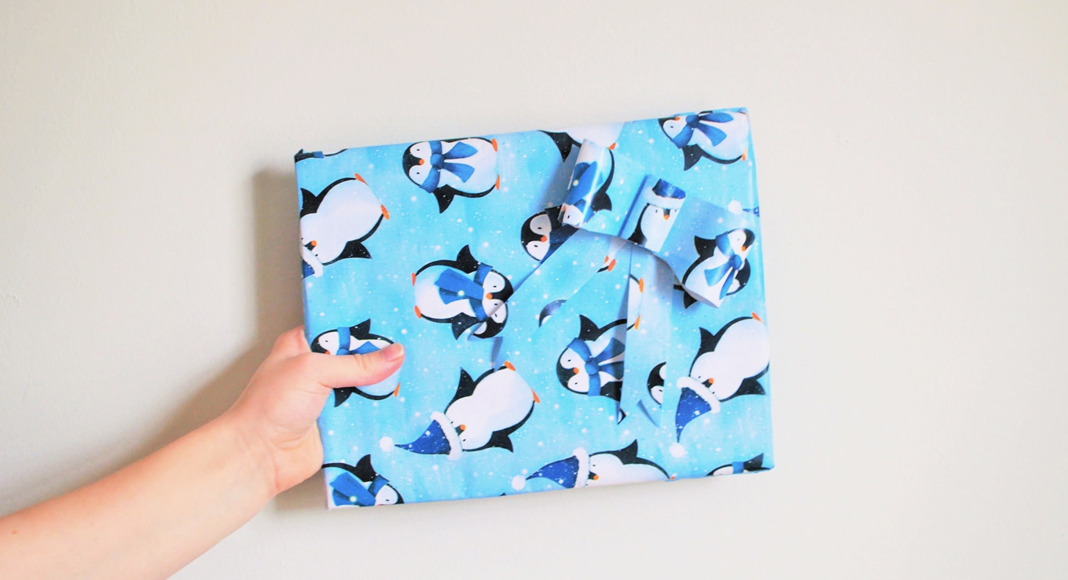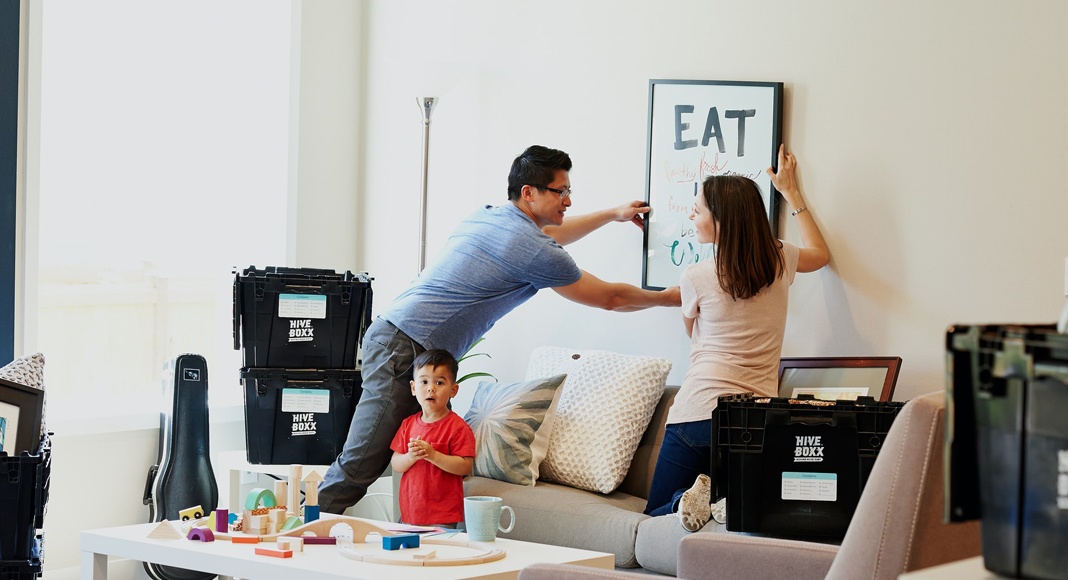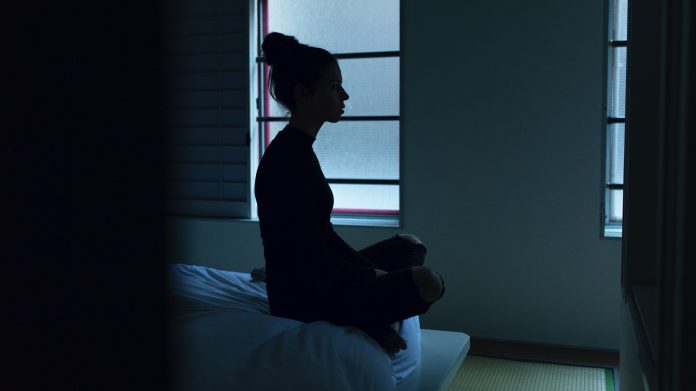For many women, one of the hardest periods in life is postpartum. The changes a mother’s body goes through are astronomical and then she has a small, needy human to keep alive while recovering. In our industrial-based country, we expect new mothers to simply bounce back to their normal lives – this often means returning to work quickly or solely caring for other children and the household. Our culture portrays very little outside of the perfect postpartum body and cute baby outfits. Moms are also expected to have an instant connection with their babies; a connection that society says should bring nothing but joy. But what about the women who have postpartum depression (PPD) and feel empty, depressed, anxious, or panicked after childbirth?
Society has failed to recognize that 1 in 7 women have PPD and as a result, many women with PPD feel shame in their diagnoses.
We sat down with Autumn Hardin, RN and Clinical Supervisor of the Women and Infants Department at Eastern Idaho Regional Medical Center, to talk about the shame around postpartum depression. Many women feel shame for experiencing less than the “perfect” postpartum experience. Women experiencing these feelings of shame may do so because they believe:
- their baby should make them happy
- they can’t adequately care for their baby
- there is something wrong with them
- other moms don’t feel this way
- being a mom is supposed to feel natural
- good moms don’t have mental illnesses
Postpartum depression stems from hormonal, lifestyle, body, and sleep changes and manifests a few weeks to a couple of months after labor. PPD is a mental illness and requires medical help.
It can be so hard to ask for help, though! The generations before us rarely talked about their struggles; PPD was not something our mothers or grandmothers were encouraged to acknowledge. In many ways, we are forging a new path that acknowledges and treats mental illnesses, but that doesn’t mean it is easy to ask for help. As mothers, we typically don’t want anyone to think we are incapable of caring for our babies or feeling anything but happiness for our new blessing.
Here is a little mom secret we need to speak up about more: we are all struggling.
Not a single mom out there doesn’t feel like she is drowning at some point. Moms, we need to embrace the fact that we are all in this together and there is no shame in postpartum depression. Pregnancy, labor, and motherhood are such life-altering events and it is ok to have strong, overwhelming feelings afterward. It is ok if these events change you! Your hormones are raging and will continue to rage for up to one year postpartum. These feelings are often compounded by sleep deprivation, social expectations, work pressures, and the stress of friendships and relationships with loved ones. There is no shame in this struggle.
Autumn gave us some great tips to defeat the shame of postpartum depression and we wanted to share them with all of you:
- Let go of all expectations of perfection. Before birth, you have so many expectations of how life will be as a mother and, most of the time, those expectations drastically change after birth. It’s okay to embrace the crazy. You will be in crisis mode for at least the first month postpartum. Do not isolate yourself and do not beat yourself up for failing to meet expectations. Loving your baby and yourself is more important than having the perfect house.
- Acknowledge that you have PPD or ask your spouse to have an honest conversation with you about your mental health. Denial will only add to the shame.
- Talk to your doctor. The great thing about talking to your doctor is that no one has to know about it. They will offer you advice and options to help you deal with your PPD.
- Comparison is the thief of joy. Social media is everyone’s highlight reel and it is so easy to forget that those moms are not perfect either. Delete any and all social media accounts that make you feel even worse about yourself as a mother and woman.
- Take time, even if it’s just five minutes, to do one thing for you. The old mantra “sleep when the baby sleeps” isn’t realistic but you can take a little time to do some self care instead of laundry. Some form of movement that gets your blood flowing and releases your endorphins will go a long way towards lifting your mood.
We know it’s hard, but please also accept support if it is offered to you. We are not naive to believe everyone has a support system or is able to ask for help. However, if the help is offered, please accept it! In India, Africa, South America, and many other countries, postpartum is a beautiful time where the new mother is nurtured and treated like a queen. The female members of the new mom’s family gather around her, offering support and care through this new time period. Doesn’t that sound incredible?
And please remember, if you have PPD, you are not alone.
I personally have suffered from PPD and the only thing that helped me was acknowledging that I had it and needed help. It took me eight months to finally see my doctor. I was so ashamed and felt like I was damaging my child because I wasn’t a perfect mom. My paranoia made me cling to every moment I had with my kids as if it were the last and I was afraid to take time for myself in case I missed something. This led to increased depression and anxiety. Getting help and talking about what I was experiencing honestly saved me.
Take care of yourself, mommas. You don’t expect anyone else in your life to function at 110% all of the time and you should not expect that of yourself either. Be gentle with yourself and remember mac and cheese for a whole month won’t do any lasting harm to your kids. Most importantly, PLEASE reach out to your OB/GYN, primary care doctor, or a mental health professional if you think you may be struggling with postpartum depression. Therapy, support, and medication can make a tremendous difference in your health and well-being, but you have to take a step to ask for the help you need.
We are here to tell you that postpartum depression is not shameful:
- because you are being selfless 24/7
- because you do love your baby
- because you are the best person to care for your baby
- because nothing is wrong with you
- because other moms feel this way
- because being a mom is hard
- because you can have mental illness and be a good mom.















